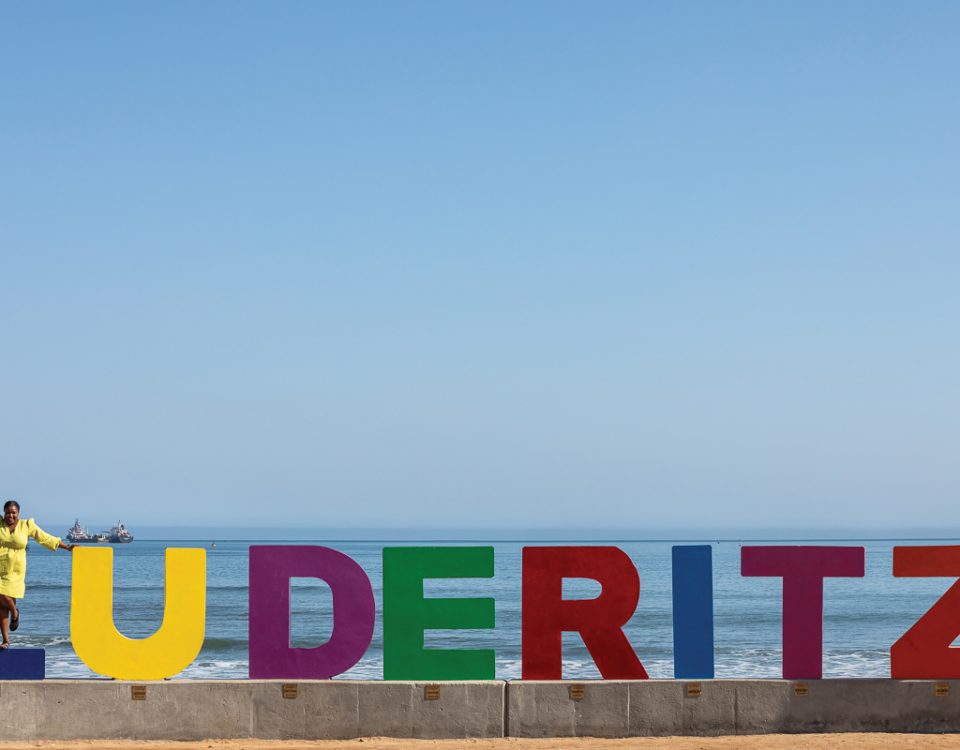Work, Eat and Play at AVANI
September 12, 2018Utopia Boutique: How to Rest, Refresh and Rejuvenate Responsibly
September 12, 2018Without a single word that we know or express, there has been – almost without exception – an exchange of contact or expression between myself and the hundreds of wild animals I have worked with. I have learnt to recognise the significance of the twitch of an ear, the lifting of a lip or the swing of a tail, and that just like me, the animals are expressing some emotion: tension, excitement, fear, exhilaration or confusion. It is a subtle conveyance of communication and the more you interact, the more apparent it becomes. It has been through the privilege of working with thousands of wild animals in Namibia that I have gained a new form of understanding of our fellow inhabitants, animals of all sizes and shapes, and in some, the subtleness can even be replaced by a direct emotional contact that is clear for all to see. Elephants are particularly good at this honest and direct approach to us, but primates, birds and even animals that want to eat you, periodically exchange a look or a touch that goes beyond just the physical contact. Sometimes in a crazy swirl of excitement and disturbance, of machinery, helicopters and aircraft, of humans shouting and distressed calls, it becomes difficult to imagine that there is some form of mutual appreciation between man and beast, but almost without fail, at the end of the day, with a calm silence that eclipses the day of clatter, we all seem to appreciate the peace that comes along with the hope of a black night and a new day. This is my Namibia.
But as humans, we like to interact with humans as well. It is probably through working with animals so much that I prefer to interact with humans in a wild environment. For a week I walked with my Himba friend Jackson for five-and-a-half hours every day in the Hartmann’s Valley and although our verbal communication in the form of language was limited, we understood each other as if we had been brothers. It was not so much the personal interaction that united us, but it was what we saw as we walked that provided the nucleus of our conversations. Beetle tracks across the dunes, a strange lizard track that we followed because neither of us could recognise it – only to find that it was a sand-diving meroles that had lost a leg. We laughed at the antics of some baboons on the banks of the Kunene River, only to see that for them it was no laughing matter as a caracal was trying to catch one of them. There were also some tracks of a goat that seemed to be lost in the dunes. For hours we followed the goat tracks far into the dune field and then, to my surprise, but not Jackson’s, we saw the tracks of two children who apparently were also following the goat. In blazing desert conditions near midday we intercepted the children, barefoot on hot sand, and the goat. The children were all smiles and laughter, didn’t want any of our water and continued on their way back to their village, a walk of at least an hour and a half away.
Elephant tracks from the air look like beetle tracks on the dunes. Finding desert elephants from an aircraft often involves systematically following tracks across dunes and plains that you would think elephants would never cross. Yet we find them, in the dunes, on top of desert mountains and in some terrain so inhospitable that only your photos can convince others that they are there. The elephant comeback in north-western Namibia is a remarkable feat of community interaction and conservation, as well as real understanding of the value of wildlife in our desert areas. It is also a tribute to the behavioural adaptation of the elephants themselves. Although living with wildlife comes at a cost to both man and animal, it is the development of this approach that we see in Namibia, of mutual acceptance, of a budding harmony between man and his environment, of a potentially more expressive concept of understanding each other: That makes me feel at home in our Namibia.


1 Comment
I’m looking to get in contact with Conrad Brain, ‘Nad’ as I knew him. I was friends with his dad and brother Tim, as well as Mel.
I have lost their e-mail addresses and need to get in touch.